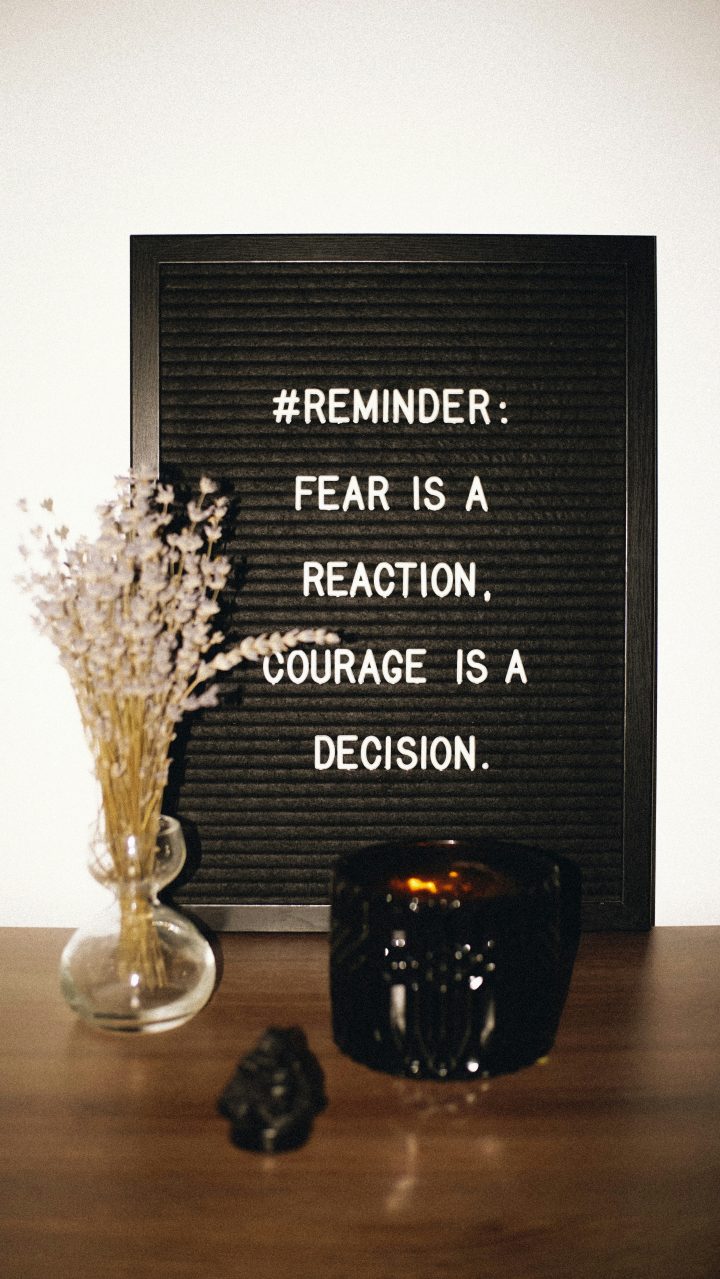As professionals, we all have standards that guide our work ethic, ambition, and approach to achieving success. But what happens when you’re part of a team that doesn’t share your drive? The frustration of working with colleagues who lack ambition or professionalism can be exhausting. It can feel like you’re pulling the weight of the entire team, constantly striving to meet a standard that others seem content to ignore. So, the big question becomes: Should you lower your standards to match the team around you?
The Short Answer: Heck No, but why?
Lowering your standards is an appealing short-term solution, especially when struggling to fit in or avoid burnout. However, before making that decision, it’s worth considering the long-term implications for your personal growth and professional future.
Why Lowering Your Standards Is a Dangerous Slippery Slope
Lowering your standards might offer temporary relief but can have long-lasting consequences. First, it can quickly erode your sense of pride and accomplishment. If you’re used to working at a high level, producing lower-quality work will likely leave you unsatisfied and unfulfilled. You could feel guilty for not giving your best effort, which could harm your self-esteem.
Secondly, lowering your standards could set a dangerous precedent for your career. Whether you realize it or not, how you perform in your current role affects future opportunities. Employers and potential collaborators may notice if you start delivering subpar results, and your brand as a high performer could suffer. If you habitually lower your expectations, it may become your new regular, making it harder to return to your original high standards.
The Impact on Professional Reputation
When surrounded by a team that lacks ambition or professionalism, it can be tempting to “blend in” to avoid sticking out or creating friction. But here’s the thing: standing out can work to your advantage in the long run.
Employers, leaders, and even peers should notice when someone consistently maintains a higher standard of work. While it may feel isolated at the moment, keeping your standards high helps you build a reputation as someone who takes your work seriously. Your commitment can lead to promotions, new opportunities, or even career shifts into more fulfilling roles.
On the flip side, matching the energy of a team that’s consistently underperforming could damage your credibility. It may seem unfair, but the reality is that individuals often get grouped into the collective performance of their team. Even if you’re talented, if you’re seen as someone who compromised on quality, it may impact how others perceive your capabilities.
Cultivate Influence, Don’t Lower Expectations
Rather than lowering your standards, consider the opportunity to influence and elevate the standards of the team around you. While it’s true that you can’t change people who aren’t willing to grow, your consistent display of professionalism and ambition might inspire others.
You can lead by example, encourage accountability, and recognize effort. Of course, these strategies may not always work, and you may encounter colleagues who are uninterested in raising their game. But by trying to influence your environment positively, you maintain your standards and contribute to a better team dynamic.
Know When It’s Time to Move On
Sometimes, despite your best efforts, the environment around you remains toxic or stagnant. In such cases, it’s important to recognize when to move on to a place that better aligns with your values and goals.
If your team’s lack of ambition or professionalism is holding you back from achieving your potential, it might be time to seek a new opportunity. Staying in an unmotivated environment can eventually chip away at your enthusiasm and growth, so consider your long-term aspirations when making this decision.
Ask yourself:
- Are there opportunities for me to grow here?
- Can I thrive in this long-term environment, or will it hinder my development?
- Am I compromising my personal or professional values by staying?
If the answers suggest that your current environment isn’t serving you, don’t be afraid to look for a team or organization that aligns better with your standards.
Be Resilient but Realistic
Surviving in an unmotivated or unprofessional team while maintaining high standards requires resilience, boundaries, and a focus on self-care. By controlling what you can, communicating effectively, and surrounding yourself with support, you can uphold your values without burning out. However, it’s also essential to assess whether the environment is helping or hindering your growth—and to be open to moving on if needed.
In the end, sticking to your standards pays off, not just in the quality of work you produce but in the reputation and personal satisfaction that comes with it.




